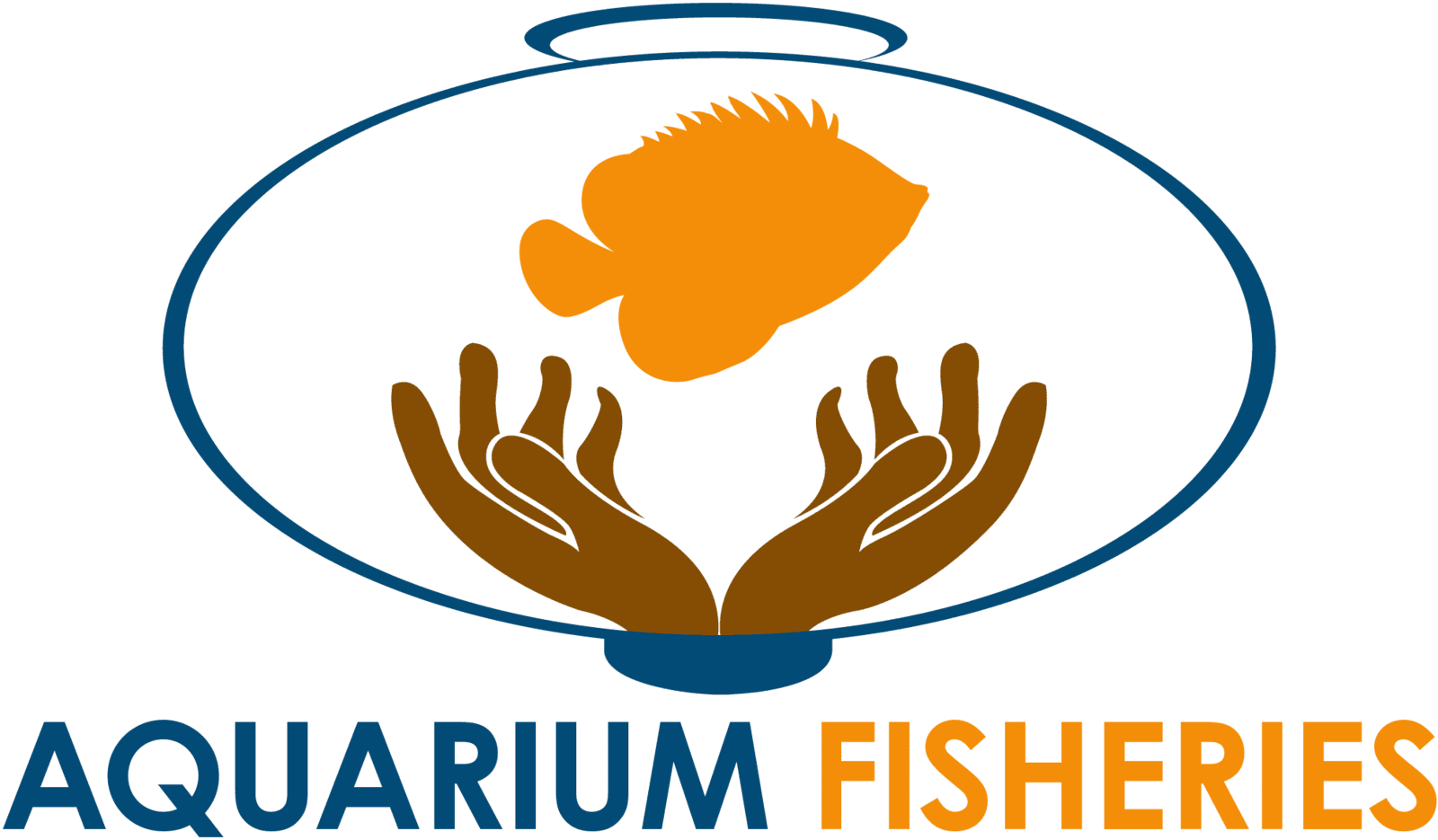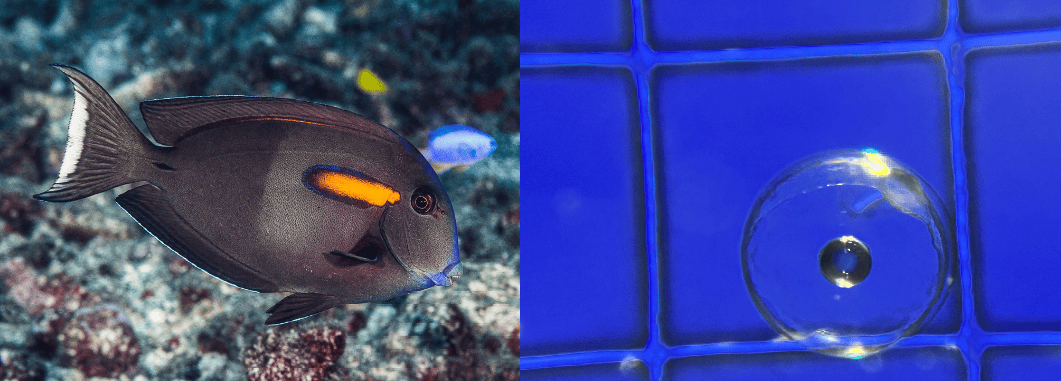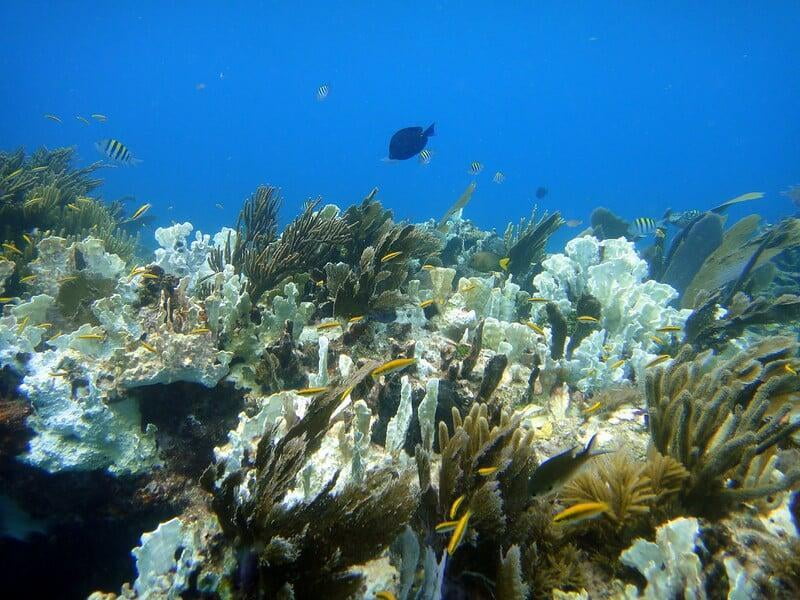
The world's coral reefs face unprecedented threats to their existence from relentless heat waves, depleting oxygen saturation, and ocean acidification brought on by global climate change. Simultaneously they're enduring compounded threats from overfishing, coastal pollution, and disease--the latter often emerging from impacts of these other multiple stressors.
We, as members of a global society, know that we need to take bold, collective action to stem global climate change. It seems like an insurmountable task; and nations around the world are collaborating to address this global risk to our planet...ever so slowly. In the meantime, it's critical to bolster the resilience of coral reef and other aquatic ecosystems to mitigate the ongoing impacts of climate change.
One important mitigation strategy is to address or ameliorate other threats to coral reef health, like overfishing. While the management of large reef fish species fished for food is often addressed by governments and fisheries agencies around the world...
Often lost in the equation is the recognition of the vital ecosystem services that fishes collected for the aquarium trade provide for aquatic ecosystem health.
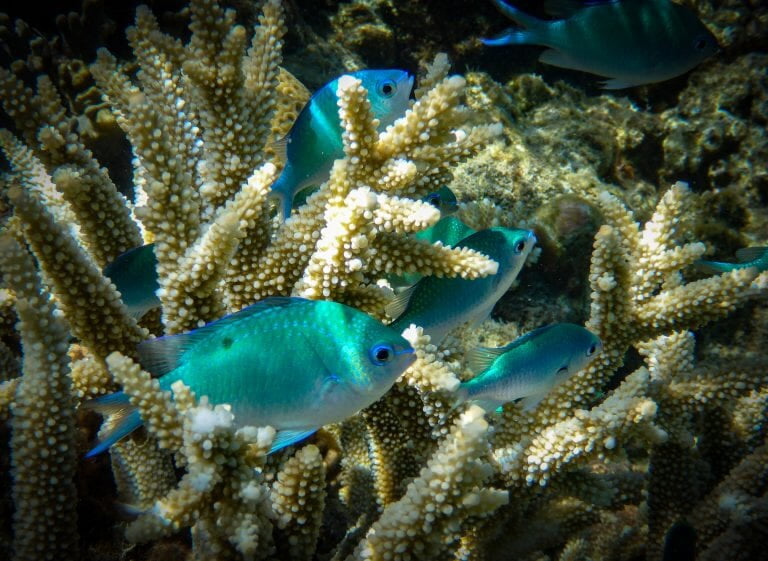
Aquarium Fisheries empowers sustainable fisheries that healthy aquatic ecosystems, and the livelihoods of people who depend on them across the global value chain.

Our work begins with conversations that lead to partnerships...finding common ground among aquarium fishers, traders, public aquaria, management agencies, and philanthropic communities to agree that conserving the world's aquatic ecosystems is a top priority.
.
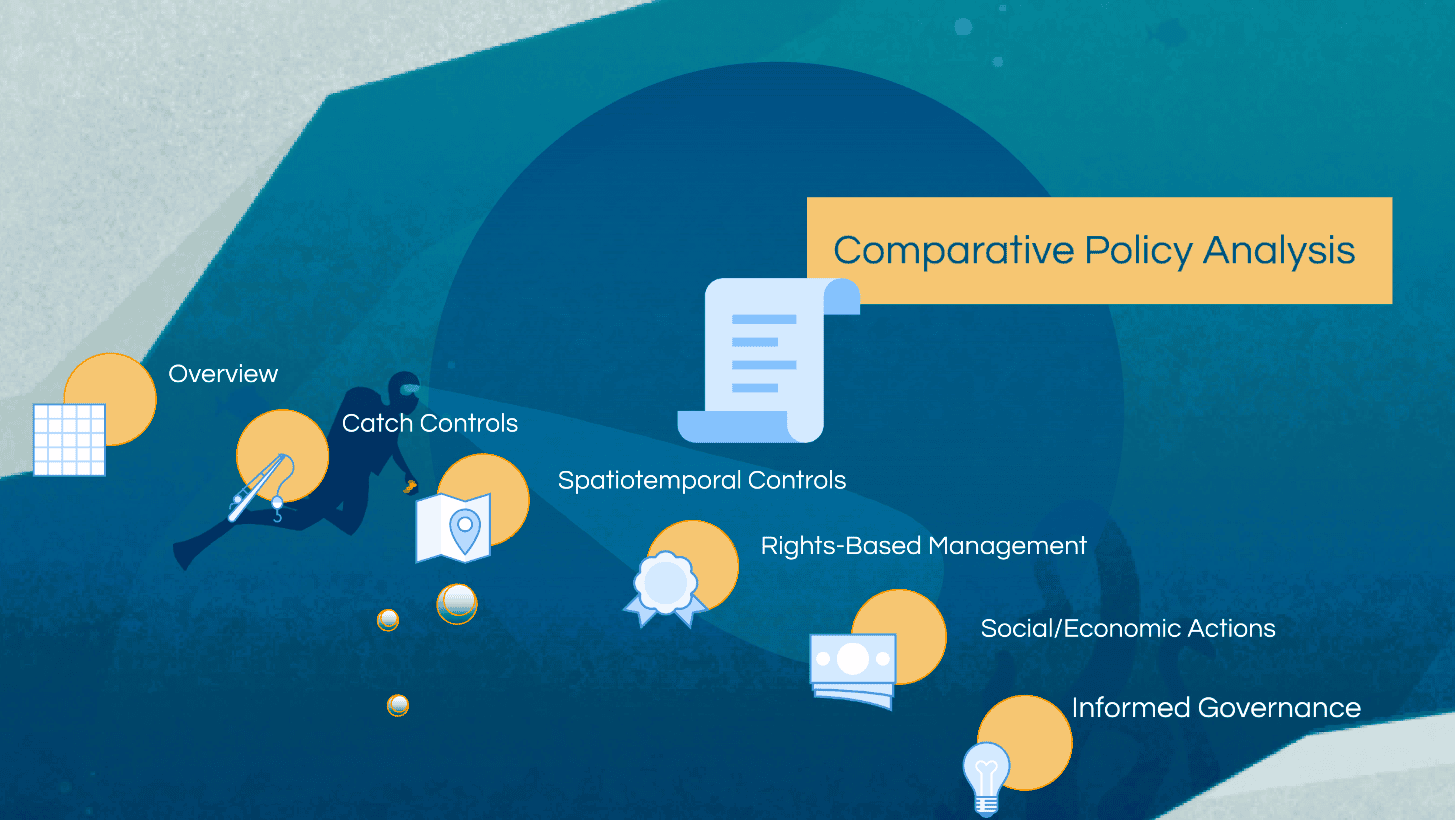
With partnerships forged, we proceed by conducting thorough research to understand the fisheries management landscape, recognizing strengths to serve as examples for others, and identifying recommendations to strengthen existing regulatory frameworks.
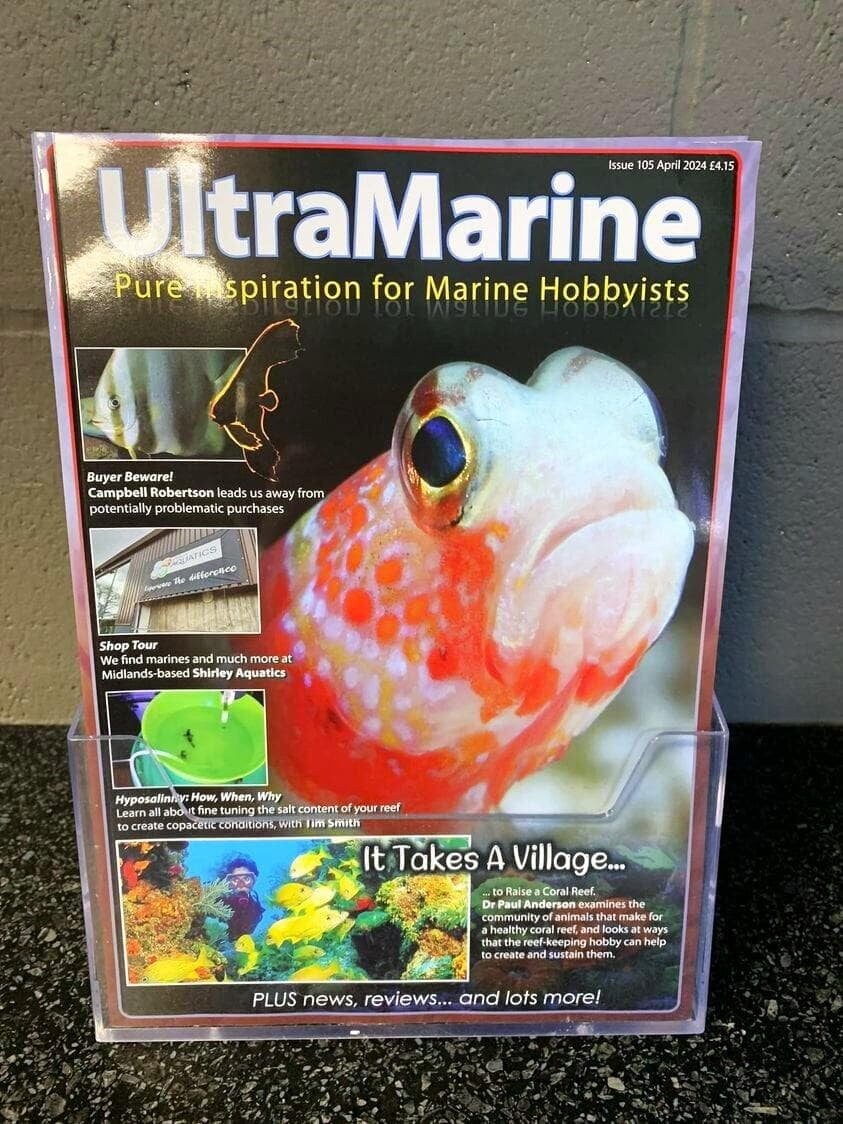
We work with our partners to find ways to upgrade the value chain...that means:
Changing the paradigm under which aquarium fishes are traded from a volume-driven approach to a value-driven approach, where fishers and traders can command premium prices for healthy, well-cared-for fishes.
Here's to our shared aquatic habitats and the fishes that call them home.
